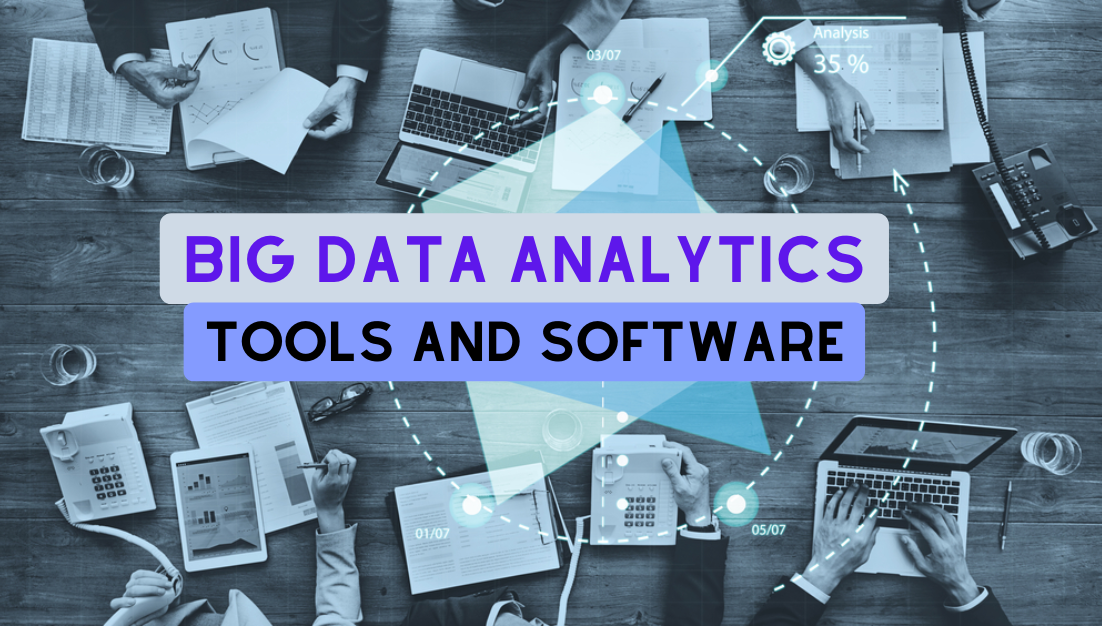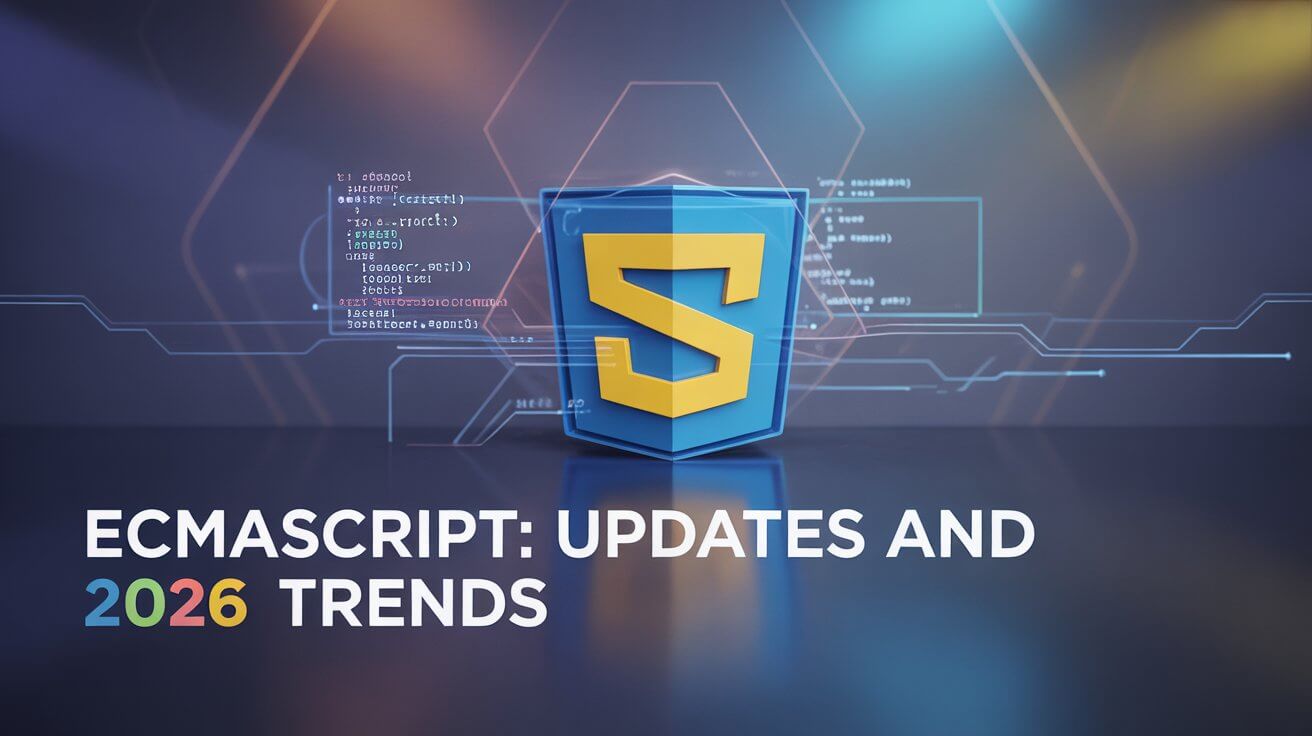In the digital age, data is everything. With every passing second, millions of new data are generated from millions of digital devices all over the world. This large volume of data also known as Big Data requires efficient tools and software for its analysis. Big Data collected by organizations is useless until meaningful information is extracted from them. Therefore, Big Data Analytics has become the driving force behind many successful modern business enterprises.

Jump ahead to
What is Big Data Analytics?
Big Data Analytics is the process of deriving meaningful information from big data. This helps organizations in finding patterns in customer buying behaviours and studying the latest market trends. It assists in the crucial decision-making process of an organization that guides them to invest their valuable time and money in products and services that meet the customers’ requirements. Big Data can exist in many forms – structured, semi-structured, and unstructured. Big Data Analysts need to break down the semi-structured and unstructured data to extract meaningful information from them.
With the rapid digitalization of the world, storing and analysing Big Data has become necessary. From our smartphone devices to automobiles, we have digitalized everything. These along with the social media platforms we use provide information that we cannot fathom. Big Data Analytics is as much about the security of information as it is about utilization. Data Analysts and data scientists follow certain guidelines to store and extract information from big data. These protocols like EU GDPR (Global Data Protection Regulation) and CCPA (California Consumer Privacy Act) determine the best practices and regulations that organizations need to follow to use big data or any other data shared with organizations around the world.
Importance of Big Data Analytics
Organizations use Big Data Analytics to aid their business operations. However, there are several other advantages of Big Data Analytics. Some of the major benefits of using Big Data Analytics are as follows:
Greater Customer Satisfaction
Organizations use Big Data Analytics to gain insights into the market trends and their customers to deliver products and services. This helps in greater customer satisfaction.
Smart Decision-making
Using the valuable information provided by Big Data Analytics, organizations can make smart decisions about their product portfolio and their business processes.
Improved Productivity
Better decision-making enables increased efficiency in business operations as a result the overall productivity is improved.
Advanced Threat Detection
With digitalization comes cybersecurity threats. Thus, organizations employ the algorithms provided through Big Data Analytics to advance their threat detection and risk management process.
Innovation
Customers of the organizations, both new and existing, will benefit from the innovative products and services provided to them using information extracted from Big Data Analytics.
Big Data Analytics Process
The Big Data Analytics Process starts with the collection of the raw data. Data analysts and other Big Data Analytics professionals collect this data from various digital sources. Structured Big Data are rare and easy to extract information from. Most of the raw big data collected are semi-structured or unstructured. Data is prepared and processed after they are collected in a big data storage platform like a data warehouse or data lake. This allows data professionals to organize and configure data into groups.
The next step in the Big Data Analytics process is cleansing. This improves the quality of the grouped big data by removing errors or duplications. Thus, making it easier to analyse which is the final step in the process. The data analysis can be done using several tools and software through techniques like data mining, text mining, machine learning, deep learning, artificial intelligence, and many more. Big data solutions provided using some popular tools and software available in the market offer statistical analysis as well as predictive analysis. Therefore, helping organizations in gaining valuable insights into their own business processes and accurately predict their customers’ requirements.
Big Data Analytics Tools and Software
Here are the essential tools and software for Big Data Analytics:
Hadoop
Apache launched Hadoop in the year 2006 as an open-source project. This distributed big data processing framework revolutionized the Big Data Analytics industry. During its initial launch years, top corporate giants like Facebook, Yahoo, and Google started using the Hadoop eco-system to store and process big data.
Spark
Apache’s Spark is another open-source big data processing platform for organizations that are on a strict budget. It is compatible with the Hadoop ecosystem and can run applications at great speed in a Hadoop cluster.
Cassandra
Another free tool, Apache’s Cassandra is used by Facebook, Accenture, and General Electric among others. It can handle a huge volume of big data distributed across several servers.
Zoho Analytics
This is one of the top Big Data Analytics Tools and provides amazing predictive analysis features. They can be integrated with Google and have their own marketing tool.
Tableau
This is another top Big Data Analytics tool used by several organizations today. Tableau is a mature and powerful big data analysis platform that has been around since the initial days of Big Data Analytics.
Initially, Big Data Analytics required on-premises deployment. This was costly and time-consuming for organizations especially start-ups and small business enterprises. Streaming Analytics applications are becoming popular these days with faster and real-time data analytics. Cloud platforms like AWS (Amazon Web Services), Microsoft Azure, and Google Cloud Platform (GCP) have made this possible. Big Data Analytics software like Spark can be fed into Hadoop Clusters in the cloud. Similarly, Hadoop suppliers like Cloudera allow distribution of the big data framework on AWS and Azure.
Conclusion
The future of Big Data is bright and learning about big data will help individuals to future-proof their careers. Interested individuals can use our Big Data Hadoop Developer Training and Big Data Hadoop Administrator Training Courses to gain an in-depth knowledge of Apache’s Hadoop framework. These courses are designed to enrich an aspiring data professional’s knowledge and proficiency in using the various features of the Hadoop ecosystem. After completing the course, they will be able to help their organizations in successfully conducting Big Data Analytics to attain the organizational objectives.



